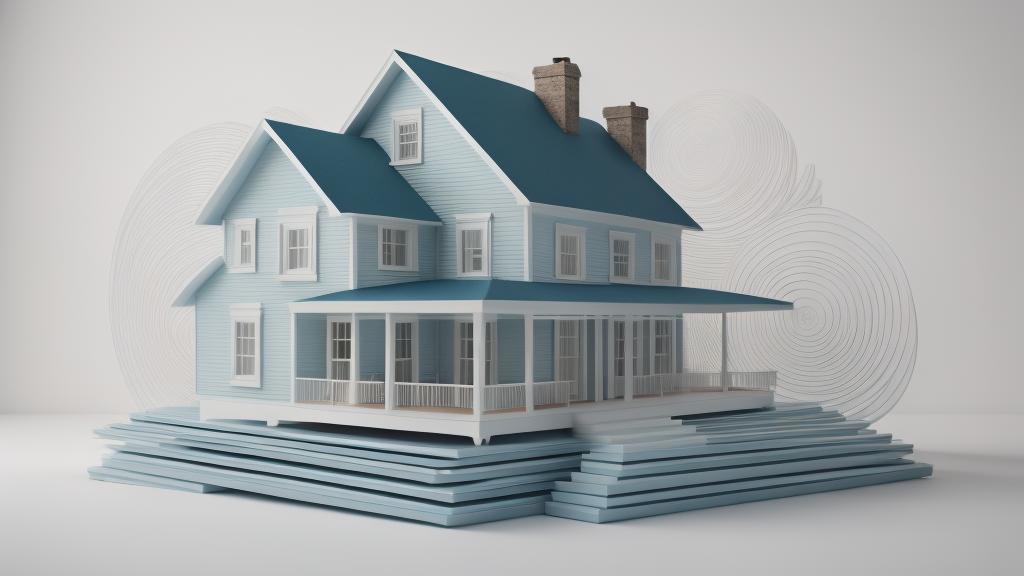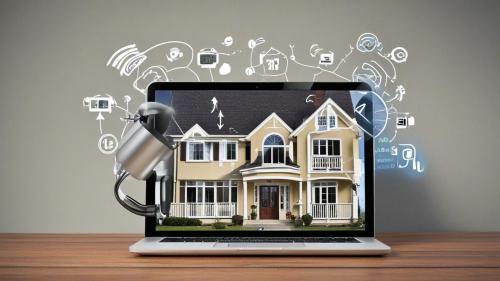In today's fast-paced and technology-driven society, homeowners are becoming increasingly concerned about the security of their homes. Gone are the days where a simple lock and key would suffice. Now, people are transitioning to smart home security systems which promise increased protection and peace of mind. This article embarks on a journey through the nuanced world of smart home security, dissecting the promises and pitfalls it offers to concerned homeowners.
When delving into the realm of smart home security, it's essential to understand what exactly makes a home 'smart.' In essence, a smart home is equipped with internet-connected devices that allow remote or automatic management of appliances and systems, including security mechanisms. This evolution in home security presents an array of benefits, though it inherently brings challenges and responsibilities.
A significant allure of smart home security systems is their convenience. Imagine controlling your security cameras, alarms, and locks directly from your smartphone, wherever you might be. This capability provides homeowners with real-time alerts and notifications, offering more immediate responses to potential threats. However, while these features can enhance protection, they also demand a new level of technological literacy from users, ensuring their devices are properly configured and maintained.
Another advantage of these systems lies in their integration abilities. Platforms like Google Home, Amazon Alexa, and Apple HomeKit have made it easier for different devices to communicate with each other, creating a seamless environment. However, this begs the question: is the convenience worth the privacy risks? As more personal data flows through digital channels, the potential for hacking and unauthorized access looms large. Balancing security with convenience becomes an ongoing endeavor.
What about cost? Interestingly, while initial installation fees for advanced systems can be high, the long-term savings, in terms of reduced insurance premiums and avoided burglaries, often balance the scales. Moreover, as technology advances, these systems are expected to become more affordable, enabling wider accessibility.
Thus, education is key. Prospective buyers must do their due diligence—comparing features, understanding user agreements, and remaining informed about the latest security updates. Investing in good practices, like setting strong passwords and regularly updating software, will serve as a force multiplier in keeping their homes safe.
Some common components of smart security systems include smart locks, video doorbells, and motion detectors, each catering to specific homeowner needs. When used collectively, these elements create a robust barrier against intruders. Smart locks allow for easier management of home entryways—a valuable asset for those who frequently lose keys or have guests coming in and out.
Video doorbells serve dually as security and convenience devices. Whether you are expecting a delivery or friend, video doorbells let you see who's at the door without physically approaching it. Additionally, many of them offer cloud storage options, making it easier to keep track of visitor patterns or suspicious activity.
Motion detectors, often linked to alarms or other devices, act as an additional layer of home protection—a silent guardian within your property. They can deter potential intruders or provide a sense of security when residents are asleep or away from home.
In conclusion, while smart home security systems offer unprecedented levels of control and protection, they come with their own set of challenges. Homeowners must be proactive in their approach to this new form of security, staying informed and vigilant against the evolving landscape of threats.
Ultimately, the decision to adopt a smart home security system is deeply personal and should be made based on individual needs and preparedness to embrace new technology. Through careful consideration and continuous learning, homeowners can transform their abodes into havens of safety amid an increasingly uncertain world.
Navigating the world of smart home security systems




